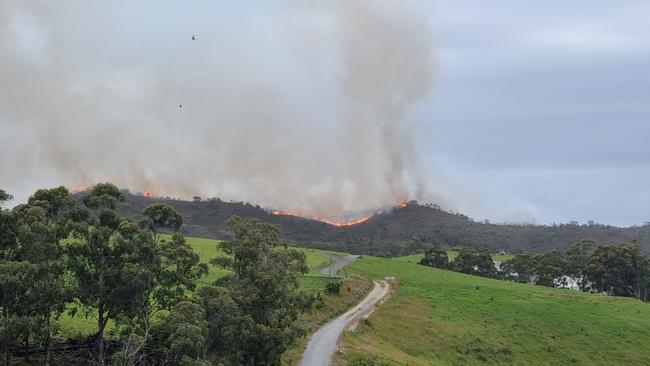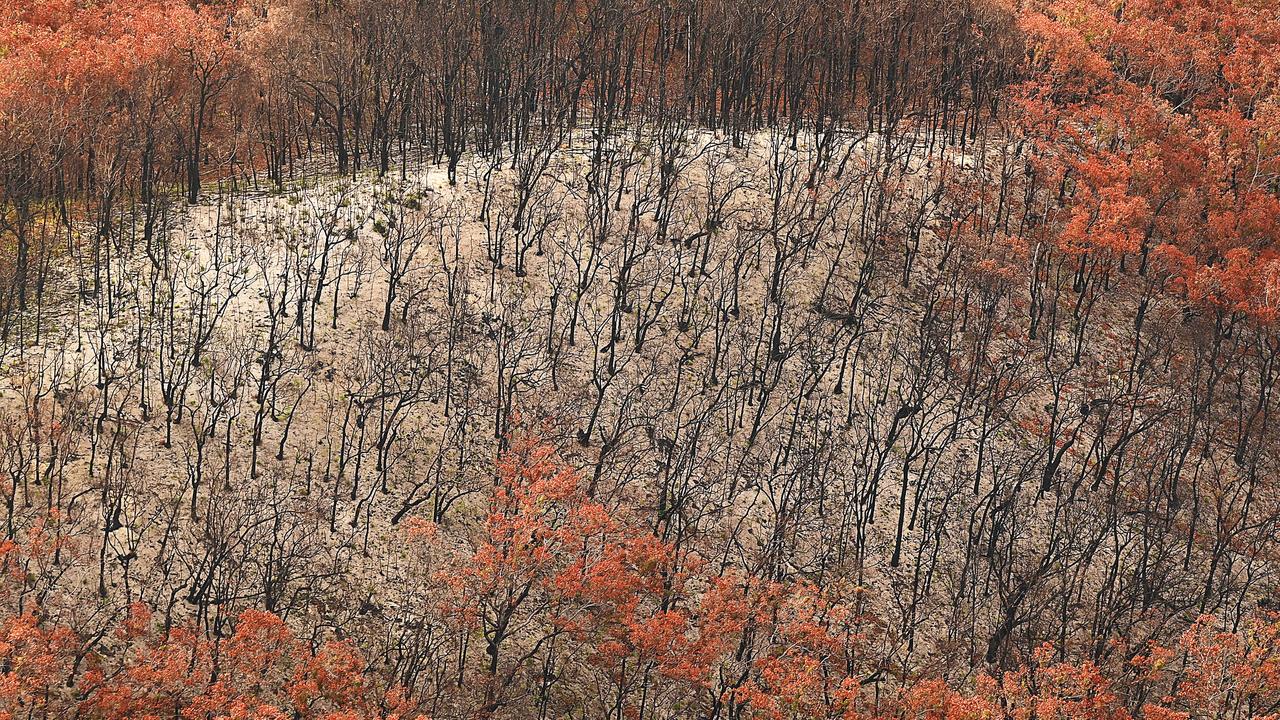Fires banned in Tasmanian national parks as bushfire season begins
More than 100 campfires were left unattended last year prompting authorities to direct new bans across the state. It comes after another blaze caused serious damage this afternoon. LATEST >>
North West Coast
Don't miss out on the headlines from North West Coast. Followed categories will be added to My News.
CAMPERS heading into Tasmania’s national parks already deemed a high fire risk will not be able to light campfires, pot fires or use other solid fuel stoves from this weekend.
Tasmania’s bushfire season has started with blazes at Sister’s Beach and Georgetown threatening property in the last week.
Last year there were 113 reports of unattended or illegal campfires on Tasmania Parks and Wildlife Service managed land. The recent statistic comes following another unattended blaze this afternoon which destroyed a caravan and small boat in Port Sorell.
“Community and visitor safety is our priority and that means preventing bushfires from starting, abandoned, escaped or poorly-constructed campfires are a risk to communities and visitors,” PWS State Fire Manager Katy Edwards said.

District Officer Mark Brownrigg said particular attention should be given to campfies and smal burns less than a cubic metre.
“With warm and dry conditions I urge anyone cooking outdoors or lighting a campfire to be vigilant and ensure they remain in attendance while the fire is burning, and to ensure it is completely extinguished before being left unattended,” he said.
The seasonal campfire restrictions apply to national parks and reserves in the Dorset, Break O’Day, Glamorgan/Spring Bay, Sorell and Tasman municipalities, Snaky Creek and Tooms Lake Conservation Areas, Narawntapu National Park and on Flinders and Maria Islands.
They come into effect from 2am on Saturday until further notice.
Restrictions have been imposed on the use of pot fires, as sparks, embers, and disposal of ash from pot fires can provide an ignition source, she said.
Gas stoves and gas barbecues are permitted.
“With the likelihood of localised seasonal wind events in the south east, on the north east and east coasts during early December coupled with extended dry periods, there is potential for fires to take hold and spread rapidly,” Ms Edwards said.
Grass and crop growth is significant this season due to a wetter than average spring and curing grass is likely to be a fuel hazard in the next few weeks.




